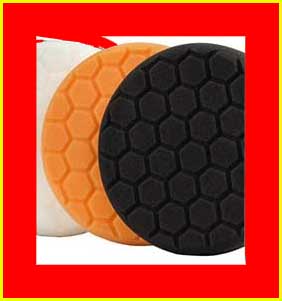I’ve owned my ‘56 since July. The previous owner kept the car parked for the better
part of 14 years, and claimed little to no oil leaks over that time. Visual inspection beneath the car supported his claim. Of course there should be little leakage if the car hasn’t been used. But I saw little evidence of long term staining or caked on oil/dirt.. The car has 83k miles. Since buying I replaced some external components, changed oil and filter, installed new
gas tank. In the time since July I’ve drivien little more than 100 miles. More serious oil leaks started to show up during my first “big” road trip last week. Prior to the road trip I discovered that all the bolts on the oil pan were quite loose. I tightened them all, but not necessarily to torque specs. During my 300-odd mile road trip last week, oil leaks began within 60 miles, and grew worse as the week wore on. When I returned home I noticed considerable oil on my shop floor that occurred overnight. Some appears to be new oil, as I would expect from the recent oil change. Some is dirty oil, which may be oil dripping from the dirtier
parts of the undercarriage. Or, maybe not. Is my sudden leakage the result of the car sitting up for more than a decade? The former owner says he cranked it occasionally, adding a gallon of gas from time to time to let it idle for awhile. I would think that should keep seals and gaskets somewhat pliable. Putting the car on a rack revealed a considerable amount of leakage from my initial 100-mile drive about. I strongly suspected the loose bolts on the oil pan as being the source at that time. So, my question is where do I start? I don’t have a rack, so I’m limited to Jack and Jack stands. That doesn’t allow for much old body (mine) flexibility and poor lighting. Should I try some Lucas oil leak stopper to give it some time to heal? Is there any way to isolate the source of the leak(s) other than visual? I don’t plan any lengthy road trips in the upcoming 2-3 months, maybe pressure wash as best I can and start looking? Any suggestions are appreciated! Thanks, Bob









